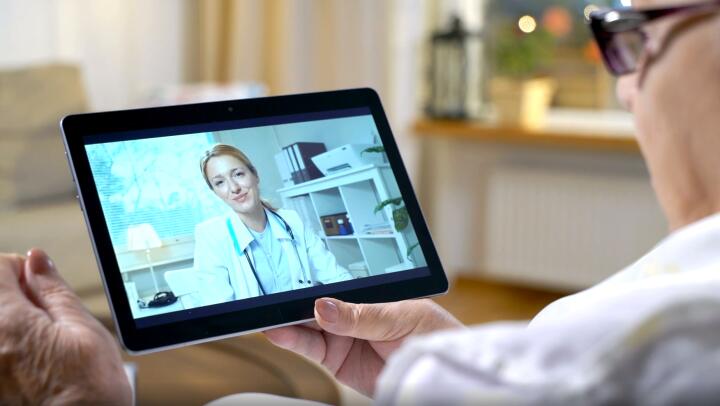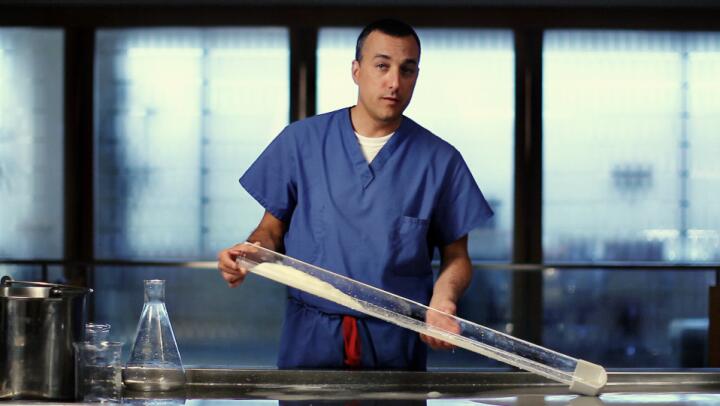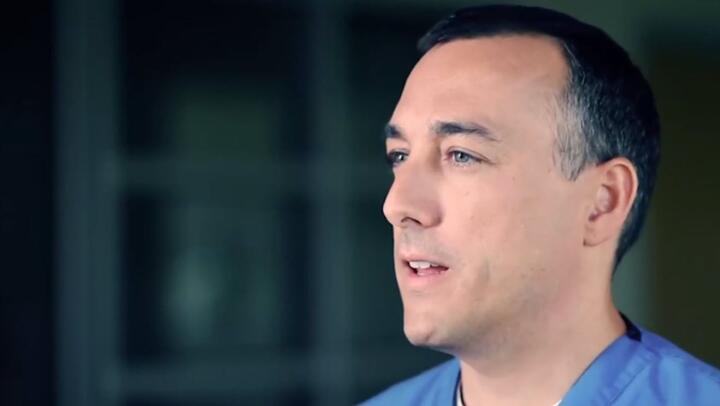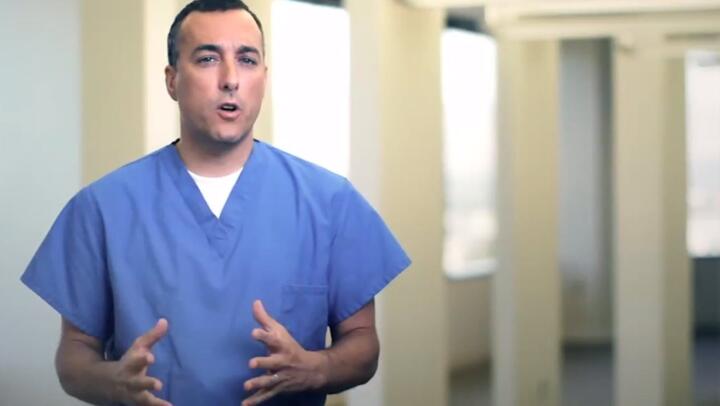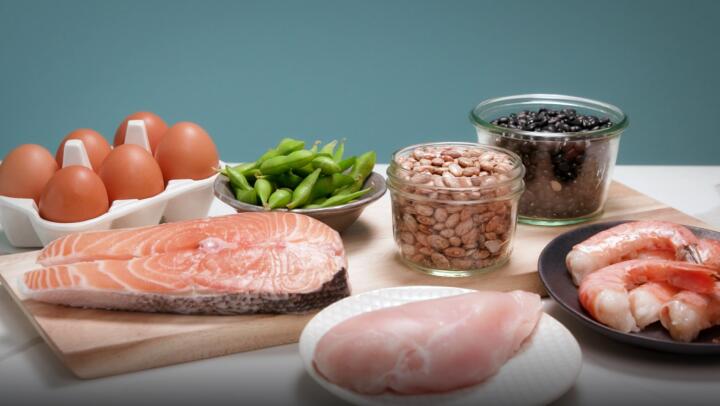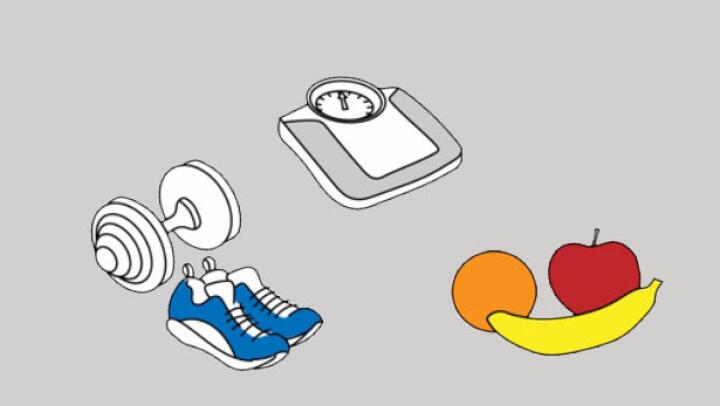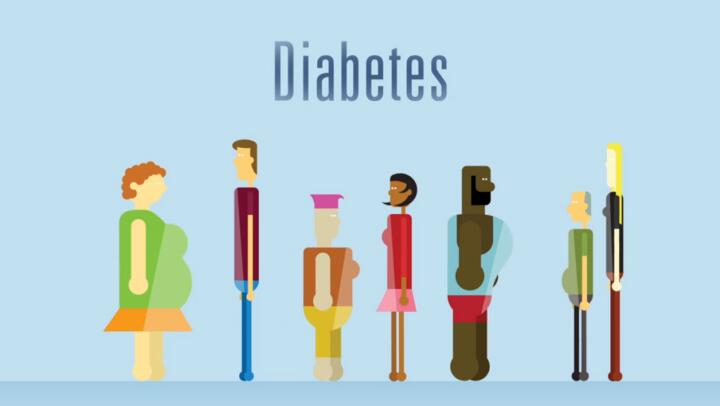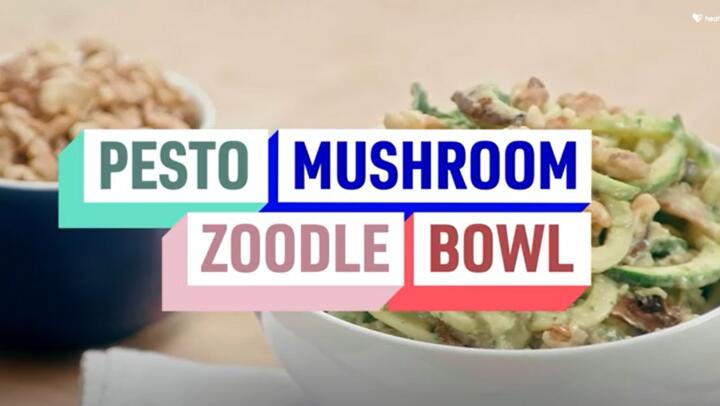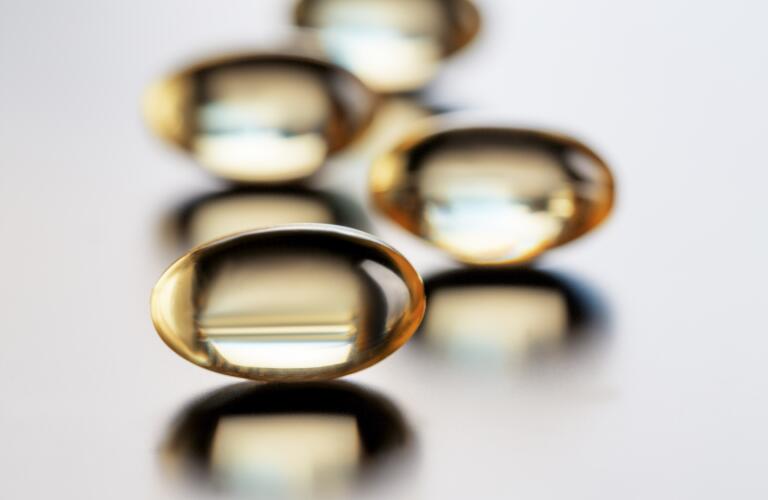
There is a lot of interest in alternative treatments for health conditions, including diabetes. According to the American Diabetes Association (ADA), 22% of people with diabetes have tried herbs and 31% have tried supplements. The important question is this—do these so-called natural treatments work?
Maybe or maybe not. That's the opinion of experts from the ADA and the National Center for Complementary and Alternative Medicine—part of the National Institutes of Health (NIH). They say there's not enough evidence to prove that herbs or supplements are effective treatments for diabetes. That doesn't mean that alternative treatments are useless. It just means that there are not enough studies to firmly say one way or the other. More studies are needed to compare outcomes among large groups of similar diabetic patients—those who took supplements and those that did not.
In the meantime, here's what the experts do know about some alternative treatments for diabetes. Before trying any herbs or supplements, be sure to talk with your doctor first. Even treatments that are considered natural can cause dangerous side effects and interfere with prescription medications you may be taking.
Alpha-Lipoic Acid
Alpha-lipoic acid occurs naturally in the body and may protect cells from damage. Some studies show positive results when you take it as a supplement. It seems to help lower blood sugar and prevent diabetic nerve damage. Other studies have not been able to confirm these benefits.
To add alpha-lipoic acid to your diet, you need to eat organ meats and dark, leafy vegetables. Over-the-counter supplements come in capsules of 30 to 100 milligrams (mg). The recommended dose for diabetic nerve pain is a total of 800 mg a day in divided doses. High doses may cause stomach upset.
Chromium
Chromium is a mineral that the body uses to process sugar efficiently. Scientists are studying it to see if it can help manage diabetes. So far, the evidence is not strong.
You can get chromium by eating whole grains. It also is in some multivitamins. The usual adult dose is 200 micrograms (mcg) 1 to 3 times a day. Large doses can cause liver and kidney damage. Children should not take chromium supplements.
Magnesium
Magnesium is an important mineral that helps the body process sugar for energy. Many studies now show that low levels of magnesium can increase your risk of developing diabetes. Some studies suggest that a diet high in magnesium can help prevent diabetes. There's no proof, though, that magnesium can help manage diabetes.
It's also important to know that it's rare for someone to have too little magnesium. Sources of it include whole grains, nuts, and green vegetables. In supplement form, magnesium is safe at a recommended adult dose of 300 to 400 mg a day.
Herbs
People have tried many herbs to treat diabetes, including aloe vera, bitter melon, fenugreek, garlic, nettle, and milk thistle. However, there's no solid scientific proof to show these herbs work. Ginseng is another herb people have used to treat diabetes, but the verdict is still out. American ginseng has lowered blood sugar in some studies. Asian ginseng, on the other hand, may actually raise blood sugar.
Be sure to check with your doctor before trying any herbs. Herbal supplements do not get the same government regulation as medicines. Some herbs may interfere with other medications you take.
Vitamins
Vitamins are also potential candidates for managing diabetes. So far, there's no evidence to support the use of vitamin C for diabetes. The latest research on vitamin D is more promising, but it's still not conclusive.
Earlier studies suggested that vitamin D might keep people with prediabetes from getting type 2 diabetes. Now, a large study funded by NIH is trying to find out if vitamin D can prevent diabetes. This clinical study is currently underway in 22 cities. Scientists are studying about 2,500 people with prediabetes. Some are taking 4,000 international units (IU) of vitamin D. Others are taking a placebo—an inactive pill. It will take a few years before the results are available.
Acupuncture
Acupuncture is an ancient Chinese treatment that involves inserting small needles at specific points along the body. It is considered a safe treatment when done by a certified practitioner.
If you have diabetic nerve pain, acupuncture may decrease your sensitivity to pain. One review of 29 studies concluded that acupuncture may be helpful for people with long-term pain. It did not specifically cite diabetic nerve pain, however.
Exercise
All experts can agree on one natural treatment for diabetes—exercise. Being active helps lower your blood sugar and helps prevent complications of diabetes. People with diabetes should get 30 to 60 minutes of aerobic exercise almost daily. Drink water during workouts and use proper foot wear.
The Bottom Line on Alternative Treatments
Before trying any alternative treatment, check with your doctor. This includes exercise. You want to make sure that whatever you try won't have a bad effect on your other treatments or your health in general. Remember, natural does not always mean safe.







